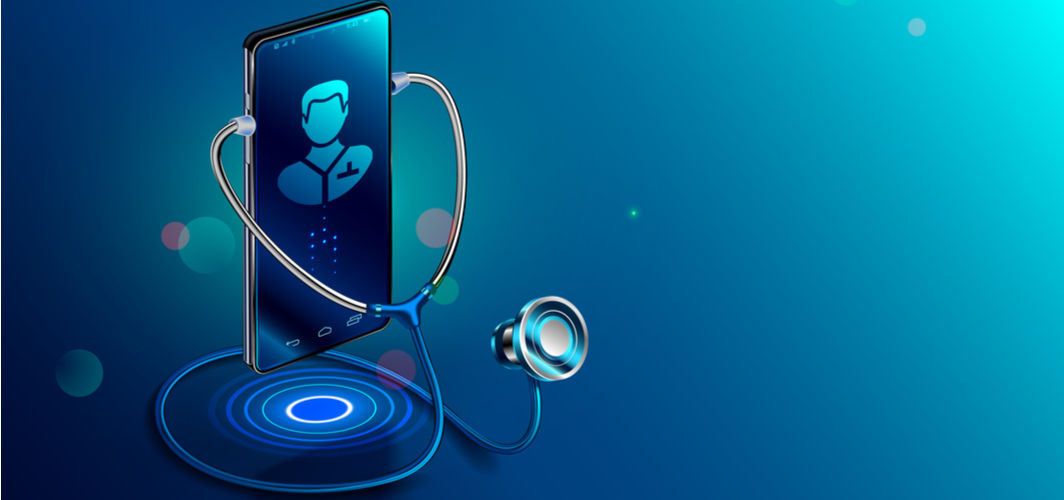Heart Conditions
Low Blood Pressure (Hypotension): Symptoms, Causes, and Treatment
6 min read
By Apollo 24/7, Published on - 09 December 2020, Updated on - 14 June 2023
Share this article
2
3 likes

What is hypotension?
- Weakness or fatigue
- Dizziness
- Lightheadedness
- Blurry vision
- Shallow breathing
- Unsteadiness
- Nausea
- Fainting or loss of consciousness
- Pale, cold, or clammy skin
- Difficulty in concentration
- Depression
Types of hypotension
Orthostatic hypotension
Postprandial hypotension
Neurally mediated hypotension
Shock-induced severe hypotension
Major causes of hypotension
Dehydration
Poor diet
Cardiovascular problems
To know the well-being of your heart: Book Apollo's Heart Check Test
Endocrine problems
Pregnancy
Pregnancy can trigger a short-term drop in blood pressure. During pregnancy, the circulatory system of women expands which results in temporary hypotension. Post-pregnancy, the blood pressure returns to normal levels.
Loss of blood
Severe infection
Severe allergic reaction
Treatment and management
- Follow a balanced diet that includes fewer carbohydrates
- Increase the intake of salt
- Drink more water
- Avoid consumption of alcohol
- Become physically active
- Get up slowly from a seat or bed after sitting or lying down
- Avoid crossing legs while sitting
- Avoid standing still for longer periods of time
- Wear compression stockings
Conclusion
Medically reviewed by Dr Sonia Bhatt
Heart Conditions
Leave Comment
Recommended for you

Heart Conditions
Better Heart Care Using the Power of Digital Health
World Heart Day 2021 aims to explore innovative ways to use digital health to improve awareness, prevention and management of CVD across the globe.

Heart Conditions
What Causes Heart Block in Athletes?
It has recently been reported that continuous endurance exercises can lead to the development of heart blocks in athletes and other sports players.
.jpg?tr=q-80)
Heart Conditions
Ultimate Guide to Reducing Blood Pressure with Diet
High blood pressure, also referred to as hypertension, is an excessive force of blood on artery walls that increases the risk of heart disease, stroke, and other disorders. Regular examinations are essential because hypertension often exhibits no signs. Managing and lowering hypertension can be accomplished by switching to a therapeutic diet. Reducing cholesterol, saturated fats, and salt while increasing whole grains, fruits, vegetables, low-sodium meals, and lean proteins will help you better manage your blood pressure. These dietary adjustments are the cornerstones of optimal blood pressure control, along with consistent exercise, and weight control. A hypertensive diet is beneficial to heart health. Combine these adjustments with regular exercise and stress reduction for general well-being.
Subscribe
Sign up for our free Health Library Daily Newsletter
Get doctor-approved health tips, news, and more.
Visual Stories

Lower Your Cholesterol Naturally with These 7 Foods
Tap to continue exploring
Recommended for you

Heart Conditions
Better Heart Care Using the Power of Digital Health
World Heart Day 2021 aims to explore innovative ways to use digital health to improve awareness, prevention and management of CVD across the globe.

Heart Conditions
What Causes Heart Block in Athletes?
It has recently been reported that continuous endurance exercises can lead to the development of heart blocks in athletes and other sports players.
.jpg?tr=q-80)
Heart Conditions
Ultimate Guide to Reducing Blood Pressure with Diet
High blood pressure, also referred to as hypertension, is an excessive force of blood on artery walls that increases the risk of heart disease, stroke, and other disorders. Regular examinations are essential because hypertension often exhibits no signs. Managing and lowering hypertension can be accomplished by switching to a therapeutic diet. Reducing cholesterol, saturated fats, and salt while increasing whole grains, fruits, vegetables, low-sodium meals, and lean proteins will help you better manage your blood pressure. These dietary adjustments are the cornerstones of optimal blood pressure control, along with consistent exercise, and weight control. A hypertensive diet is beneficial to heart health. Combine these adjustments with regular exercise and stress reduction for general well-being.